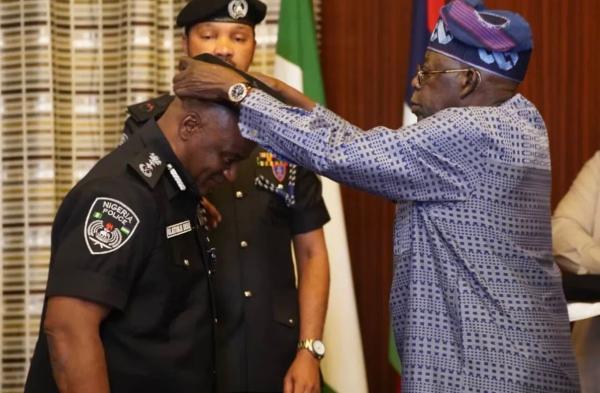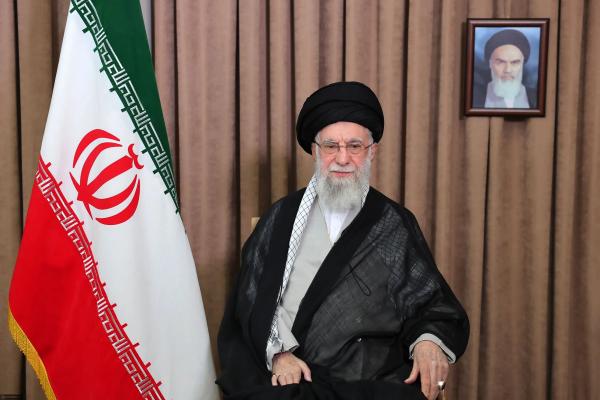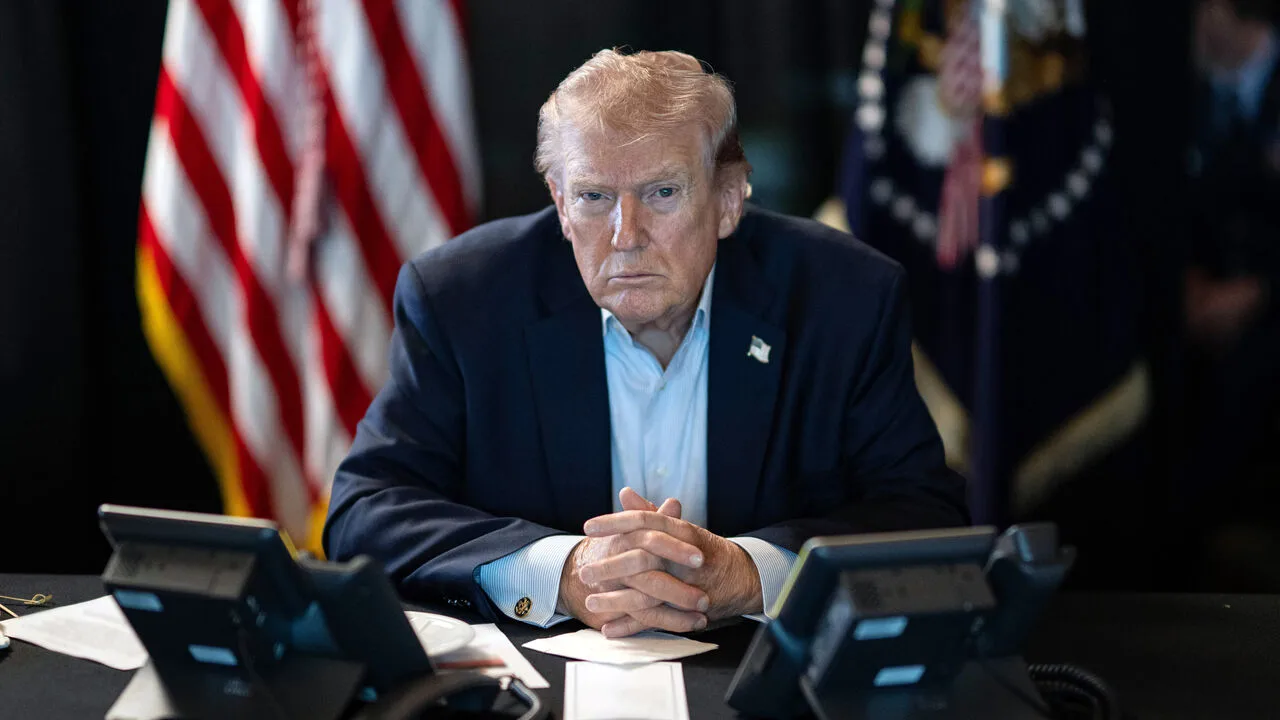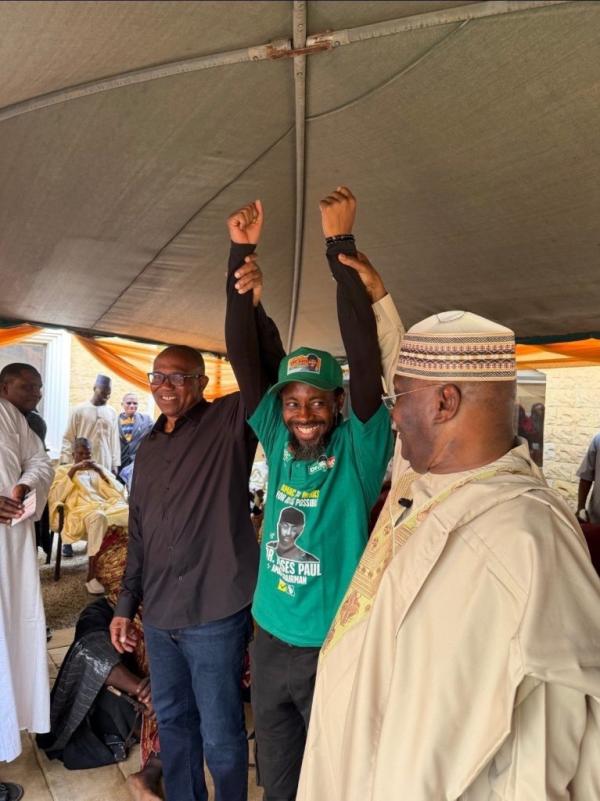
There was confusion on Monday as the Nigerian Army turned back Ambassador Ahmed Bolori, one of the three persons declared wanted in connection with the Boko Haram video of the missing Chibok schoolgirls released on Saturday.
The others are journalist, Ahmad Salkida, and rights activist, Aisha Wakil
Bolori was said to have called the Chief of Army Staff, Lt-Gen. Yusuf Buratai, on the telephone on Sunday but got no response.
He then sent an SMS to Buratai, which said: "Salami General. This is Amb. Ahmed Umar Bolori. I got the news that I and other two are declared wanted. I am bringing myself. Where do I come to? Thanks."
He also tried to reach some other senior military officers including the army spokesman, Col. Sani Usman, but got no response.
He then reported at the headquarters of the 7th Brigade of the Nigerian Army in Maiduguri on Monday morning, where he waited for two hours.
He was eventually asked to go home and return on Tuesday.
Confirming the development, Bolori said in his Facebook wall: "Sequel to my efforts to reach and report to them , the Nigerian Army asked me to return home and meet them tomorrow morning by 10am.
This was after several unanswered calls and messages I have sent them.
May God grant us Peace!"
In a separate post, Bolori wrote: "I have received several calls, that the Nigerian Army have declared me and other 2 wanted!
What kind of system is this that you’ll be declared wanted without being informed?
If there’s any problem, invite me : and I’ll honour your invitation.
Besides, I don’t know what crime I’ve committed!
Whatever the case, I have contacted the Army to provide a venue and they are yet to respond as expected."
Commenting on the development, Associate Professor of Journalism and Emerging Media at Kenessaw University, United States, Farioq Kperogi, wrote on Facebook that it was surprising that the army declared Bolori wanted whereas he was personally known to the leadership of the service.
He wrote: "May God help us! It is now self-evident that no one in the highest reaches of governance and security enforcement in Nigeria is thinking. How can you declare people "wanted" when you haven’t even invited them for questioning–and they haven’t resisted your invitation? I just got off the phone with Ambassador Ahmed Umar Bolori, one of the people declared "wanted" by the Nigerian military. He told me he called the Chief of Army Staff, the spokesperson of the Nigerian military who announced him "wanted," and other top military officers and said he was at their beck and call and didn’t need to be declared "wanted" since he wasn’t in hiding. He then went ahead and turned himself in at the top military barracks in Maiduguri, waited for more than two hours, but there was no one to interrogate or arrest him.
He called and texted the chief of army staff and the military spokesperson again and pleaded with them to send someone to detain, arrest, interrogate, or do whatever they wanted to do to him because he wanted to clear his name. He was later told to go home and return the following day! They told a "wanted" man to go home and come back the next day! Can you believe that? First, he is personally known to the chief of army staff and to the military spokesman.
These people also know his home in Maiduguri. They know where to get him if they want to. yet they declared him "wanted." Is there any parallel to this level of puzzling incompetence in the world? Who declares people "wanted" without any interest in seeing, much less interrogating, them?"






















